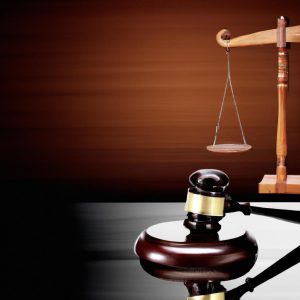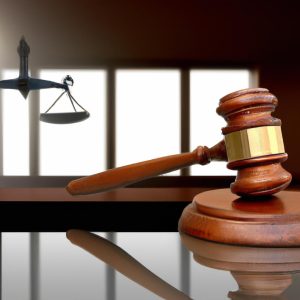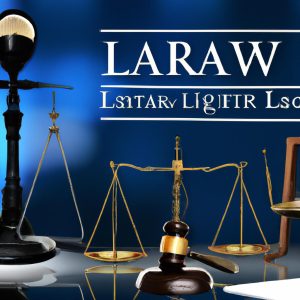When a loved one passes away, the role of an executor is a crucial one, responsible for ensuring their final wishes are carried out. But what happens when the person entrusted with this duty is also named as a beneficiary in the will? Can an executor of a will also inherit? Let’s delve into this complex topic and explore the rules and guidelines that govern such situations.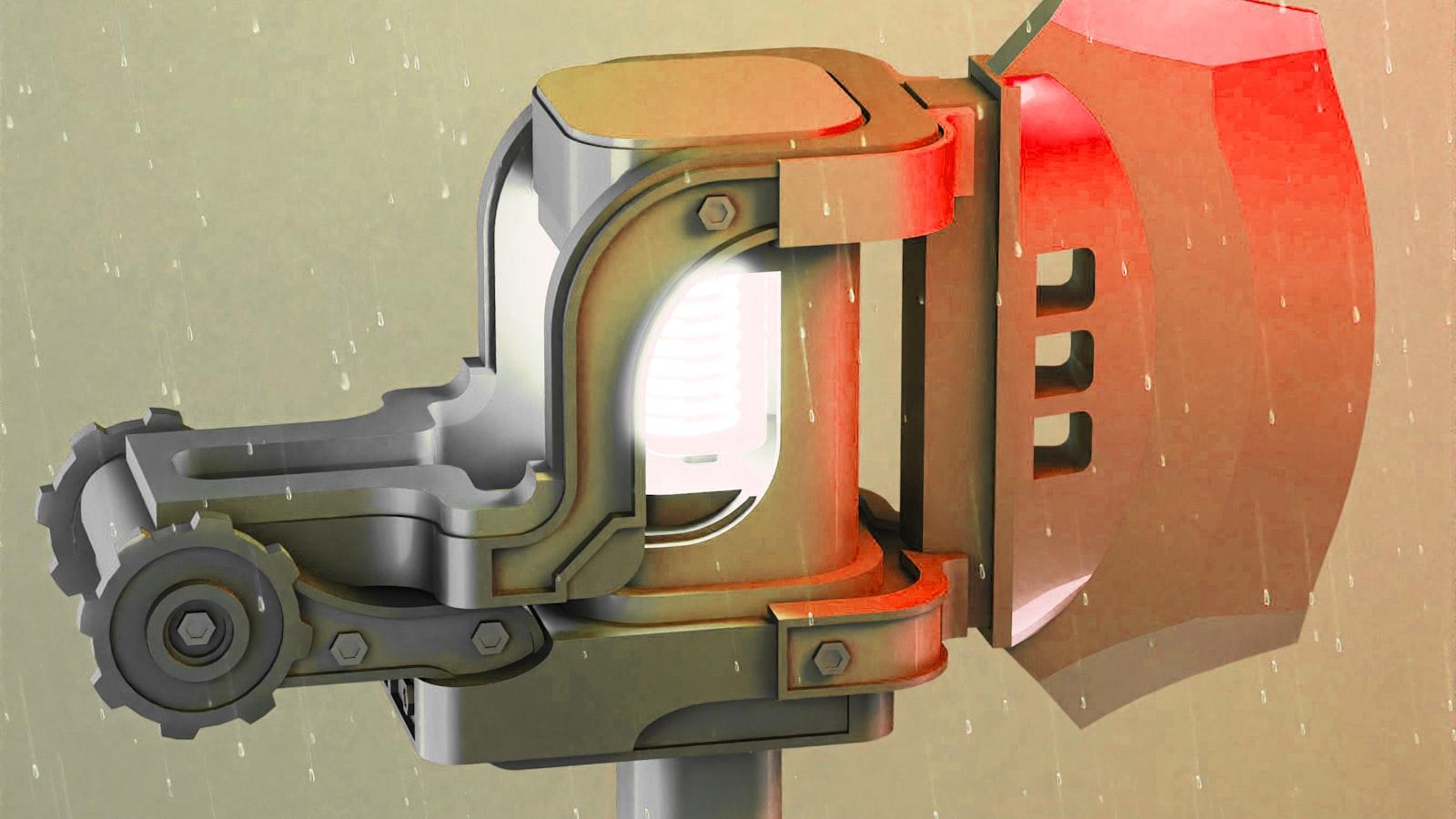
Understanding the Role of an Executor in Inherited Assets
Many people wonder whether the executor of a will can also inherit from the assets they are overseeing. The answer to this question is not a simple yes or no. The role of an executor is to carry out the wishes of the deceased as outlined in their will. This includes distributing the assets to the designated beneficiaries. However, there are some important considerations to keep in mind when it comes to the executor potentially inheriting from the estate.
One important factor to consider is whether the executor is named as a beneficiary in the will. If the executor is also a beneficiary, they can still inherit from the estate. However, they must ensure that they fulfill their duties as executor impartially and ethically. It is crucial for the executor to avoid any conflicts of interest and act in the best interests of all the beneficiaries. Additionally, some states have laws that restrict or limit the amount an executor can inherit from the estate.

Potential Conflicts of Interest for Executors in Will Inheritance
One potential conflict of interest that may arise for executors in will inheritance is the possibility of also being named as a beneficiary in the same will they are responsible for executing. This situation can create a conflict as the executor may have competing interests in carrying out their duties impartially while also benefiting personally from the distribution of assets.
It is essential for executors to disclose any potential conflicts of interest and seek legal guidance to ensure they are fulfilling their responsibilities ethically. In cases where the executor is also a beneficiary, transparency and open communication with all parties involved are crucial to maintain the integrity of the will distribution process. Executors must act in the best interest of the estate and uphold their fiduciary duty, even if it means relinquishing their right to inherit to avoid any appearance of impropriety.

Legal Considerations and Responsibilities for Executors Who are Beneficiaries as Well
As an executor of a will, you may also stand to inherit from the estate depending on the contents of the will. This can often lead to complex legal considerations and responsibilities that must be carefully navigated. It is important for executor-beneficiaries to ensure they fulfill their duties impartially and in accordance with the law.
When acting as both an executor and a beneficiary, it is crucial to remain transparent and avoid any appearance of conflict of interest. Executors who are also beneficiaries must clearly understand their role, obligations, and potential liabilities to protect the integrity of the estate distribution process. Seeking legal advice and guidance in such situations can help executor-beneficiaries fulfill their responsibilities effectively and with integrity.
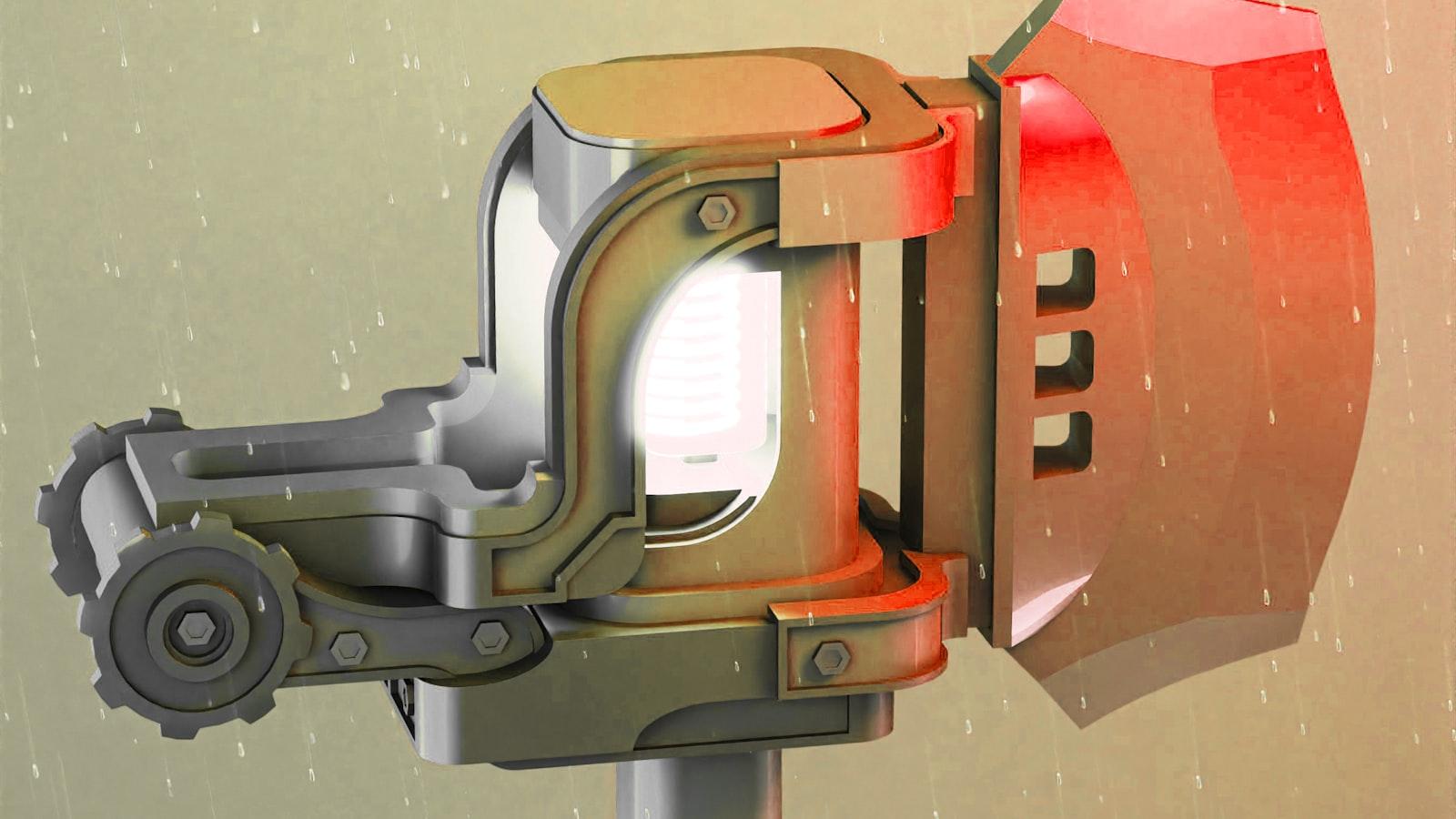
Recommendations for Executors to Avoid Breach of Fiduciary Duty
When it comes to executing a will, it is crucial for the appointed executor to understand their responsibilities and obligations to avoid any breach of fiduciary duty. Here are some recommendations to help executors navigate this important role:
- Act in the best interests of the estate: Executors must always prioritize the best interests of the estate and its beneficiaries when making decisions.
- Communicate effectively: Keeping beneficiaries informed and providing transparent communication throughout the probate process can help prevent misunderstandings and disputes.
- Seek professional advice: Executors should not hesitate to seek advice from legal or financial professionals when dealing with complex matters or if they are unsure about any aspect of their duties.
- Maintain accurate records: Keeping detailed records of all financial transactions, communications, and decisions made on behalf of the estate is essential for accountability and transparency.
While the executor of a will can inherit from the estate, they must always prioritize their duties to avoid any conflicts of interest. By following these recommendations and staying proactive in their role, executors can fulfill their obligations and ensure a smooth probate process for all parties involved.
Insights and Conclusions
In conclusion, the role of an executor of a will is a crucial one, tasked with ensuring the wishes of the deceased are carried out. While fulfilling this responsibility, it is important to remember that the executor’s primary duty is to act in the best interest of the estate and beneficiaries. As such, inheriting from the estate as an executor should be approached with caution and transparency to avoid any potential conflicts of interest. It is always advisable to seek legal guidance if there are any doubts or concerns about the executor potentially inheriting from the will. Ultimately, transparency, honesty, and ethical conduct are key in navigating the complexities of being both an executor and a potential beneficiary.




